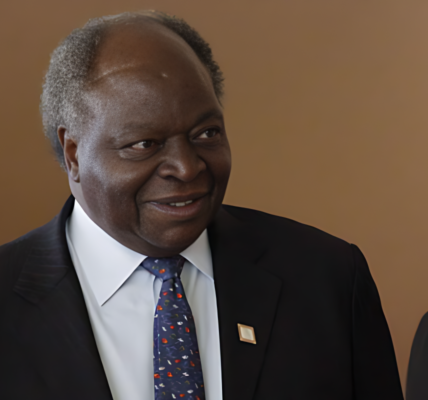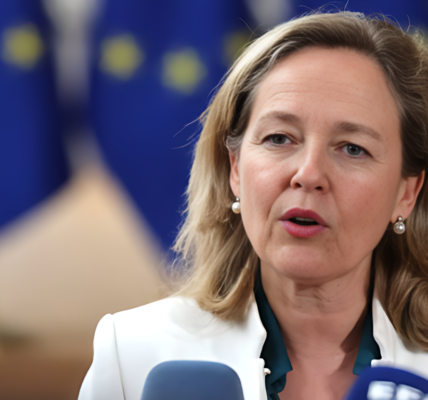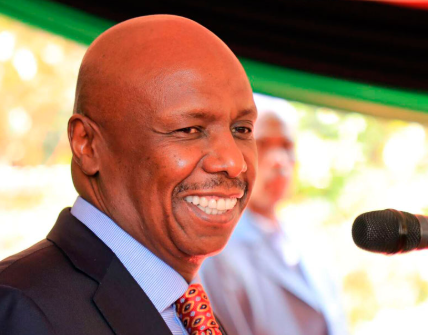Early Life and Education
Angela Merkel, born on July 17, 1954, in Hamburg, West Germany, was raised in a family where education was highly valued. Her parents’ commitment to learning influenced her deeply. After her family moved to East Germany, Merkel pursued her education with vigor, studying physics at Karl Marx University (now the University of Leipzig). It was during this time that she met her first husband, Ulrich Merkel, with whom she would later divorce. Merkel’s academic excellence culminated in a doctorate in quantum chemistry in 1986, showcasing her intellectual prowess and determination.
From Scientist to Politician
Despite her initial focus on science, Merkel’s interest in politics blossomed as she became involved in the democratic movements sweeping across East Germany in the late 1980s. Following the fall of the Berlin Wall in 1989, Merkel entered politics, joining the newly formed Democratic Awakening. Her transition from a physicist to a politician marked the beginning of a remarkable journey that would redefine German politics.
Rise in the CDU
Merkel’s political career gained momentum when she joined the Christian Democratic Union (CDU) in 1990. Her rapid ascent within the party ranks showcased her leadership abilities and strategic acumen. Merkel’s appointment as Minister for Women and Youth in Chancellor Helmut Kohl’s cabinet in 1991 marked her entry into national politics. Her pragmatic approach and ability to navigate complex issues earned her respect across party lines, setting the stage for her future leadership roles.
A Historic Leadership
In 2000, Angela Merkel made history by becoming the first woman and the first non-Catholic to lead the CDU. Her election as party leader signaled a new era of change and modernization within the conservative party. Merkel’s leadership style, characterized by pragmatism and consensus-building, appealed to a broad spectrum of voters, solidifying her position as a formidable political figure.
Chancellorship and Global Influence
Merkel’s crowning achievement came in 2005 when she assumed office as Chancellor of Germany, becoming the first woman to hold the position. Her tenure as Chancellor was marked by both domestic challenges and global crises. Merkel’s steady leadership during the euro-zone debt crisis and her handling of the refugee influx in 2015 showcased her ability to navigate turbulent waters with grace and resilience.
Legacy and Retirement
After serving as Chancellor for 16 years, Merkel announced in 2018 that she would not seek reelection as leader of the CDU, signaling the end of an era in German politics. In 2021, she stepped down as Chancellor, leaving behind a legacy of stability, pragmatism, and global leadership. Merkel’s contributions to German reunification, European integration, and international diplomacy have earned her accolades and admiration worldwide.
Assessment and Recognition
Merkel’s legacy is one of transformation and resilience. Despite facing criticism and challenges throughout her career, she remained steadfast in her commitment to serving the German people and advancing the interests of her country on the world stage. Her numerous accolades, including the U.S. Presidential Medal of Freedom, attest to her status as one of the most influential leaders of her generation.
From her humble beginnings in East Germany to her historic tenure as Chancellor, Angela Merkel’s journey exemplifies the power of determination, leadership, and visionary thinking in shaping the course of history.
Frequently Asked Questions about Angela Merkel
1. What is Angela Merkel known for?
Angela Merkel is best known for her tenure as Chancellor of Germany, during which she became the first woman to hold the office and served for a record 16 years. She is widely regarded for her pragmatic leadership style, navigating Germany and Europe through economic crises and political challenges.
2. What political party does Angela Merkel belong to?
Angela Merkel is a member of the Christian Democratic Union (CDU), a center-right political party in Germany. She served as the leader of the CDU from 2000 to 2018, significantly influencing the party’s direction and policies.
3. How long was Angela Merkel Chancellor of Germany?
Angela Merkel served as Chancellor of Germany for 16 years, from 2005 to 2021. Her tenure marked one of the longest-serving Chancellorships in German history.
4. What are some of Angela Merkel’s key accomplishments as Chancellor?
Merkel’s key accomplishments include her leadership during the euro-zone debt crisis, where she advocated for fiscal responsibility and stability within the European Union. She also played a pivotal role in managing the refugee crisis of 2015, demonstrating compassion and pragmatism in the face of a humanitarian challenge.
5. What is Angela Merkel’s leadership style?
Angela Merkel is known for her pragmatic and consensus-building leadership style. She emphasizes dialogue and compromise, often seeking to find common ground among different political factions. Her approach prioritizes stability and gradual change over radical reforms.
6. How has Angela Merkel influenced German and European politics?
Merkel’s influence on German and European politics is significant. She has shaped policies related to economic governance, environmental sustainability, and international relations. Merkel’s leadership has also been instrumental in maintaining unity within the European Union during times of crisis.
7. What is Angela Merkel doing after retiring as Chancellor?
Since retiring as Chancellor, Angela Merkel has taken on various roles, including serving as a member of several international advisory boards and engaging in public speaking engagements. She continues to be a prominent figure in global politics, offering insights and perspectives on pressing issues.
8. How will Angela Merkel be remembered in history?
Angela Merkel will likely be remembered as one of the most influential leaders of her generation. Her steady leadership, commitment to democratic values, and contributions to European integration have left a lasting impact on Germany and the world.





